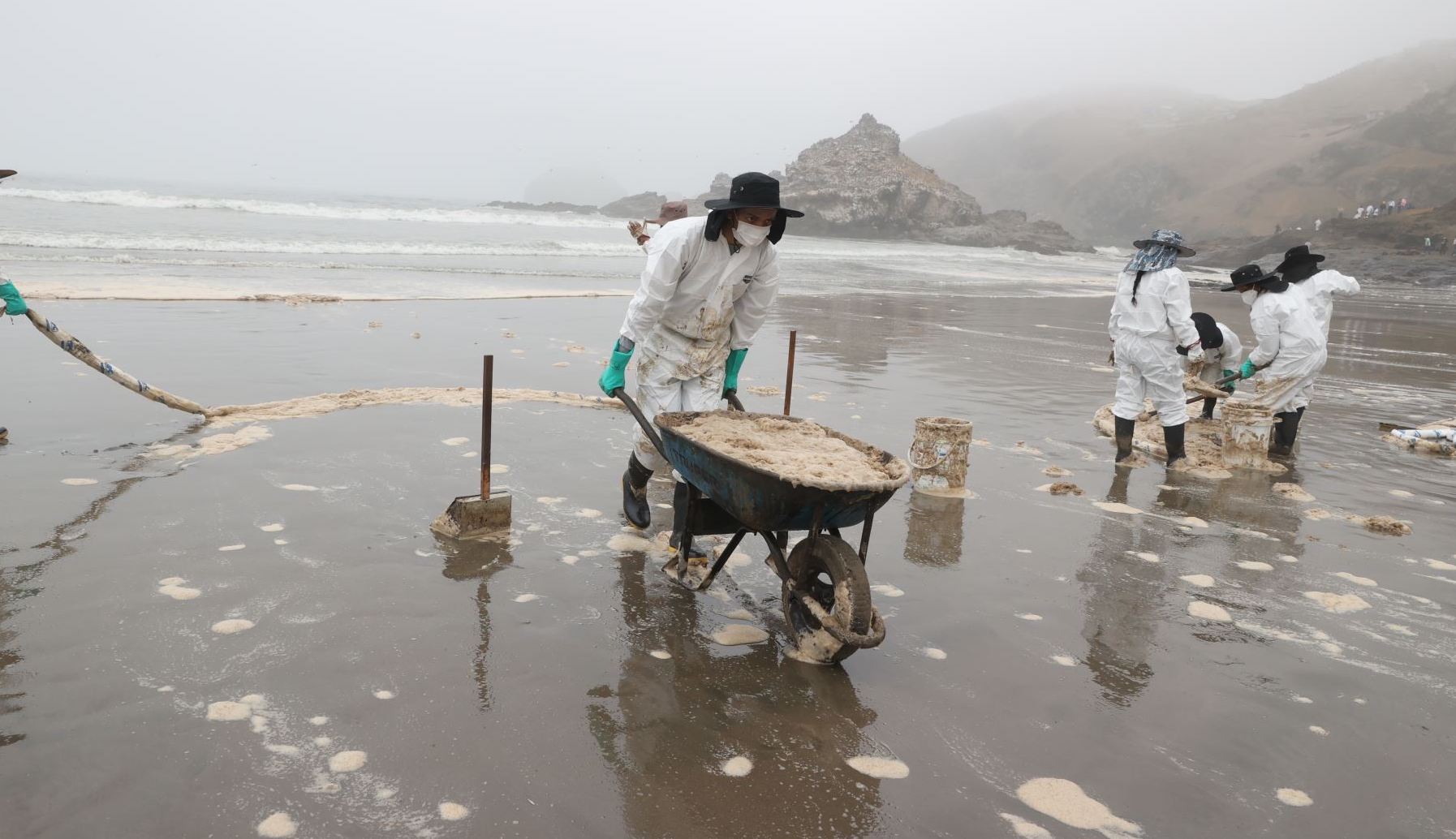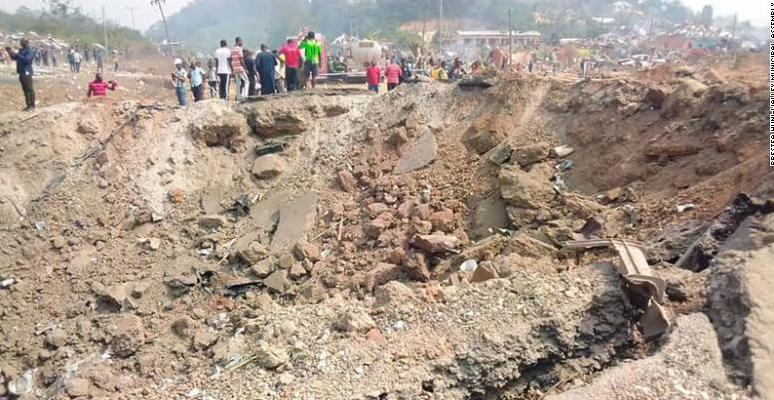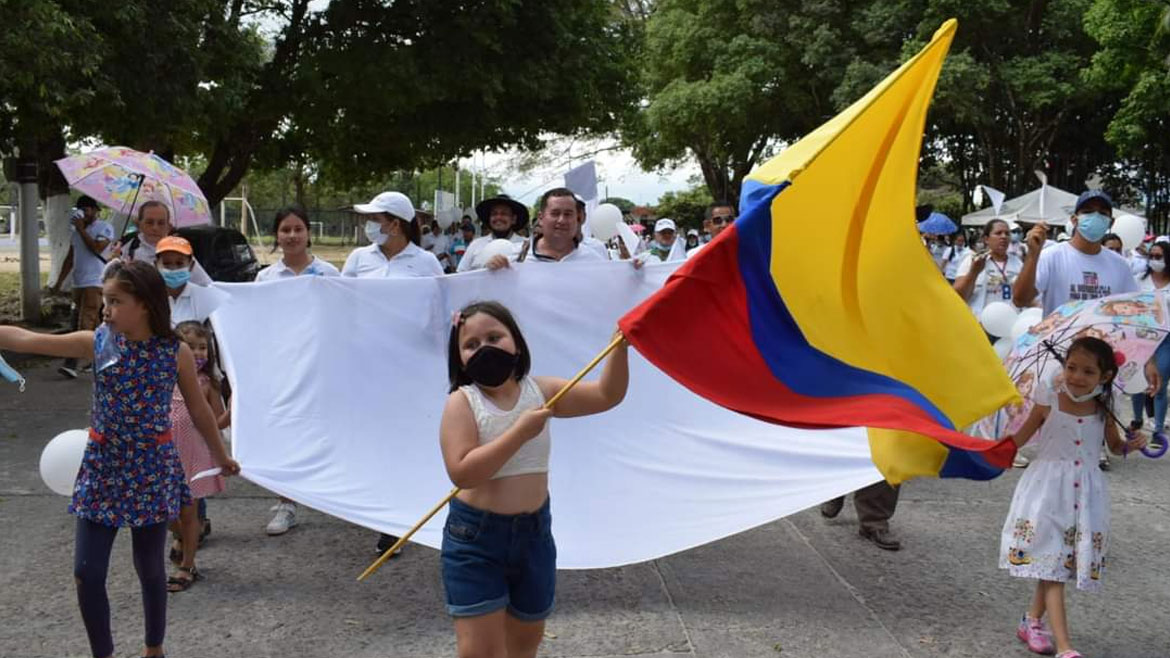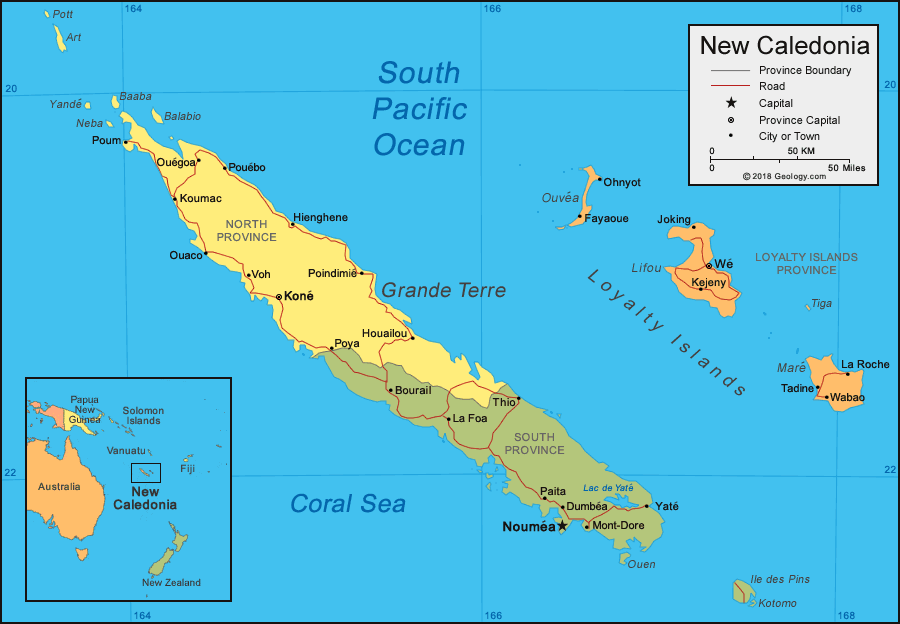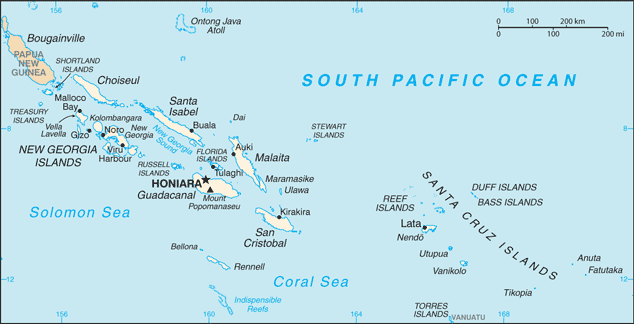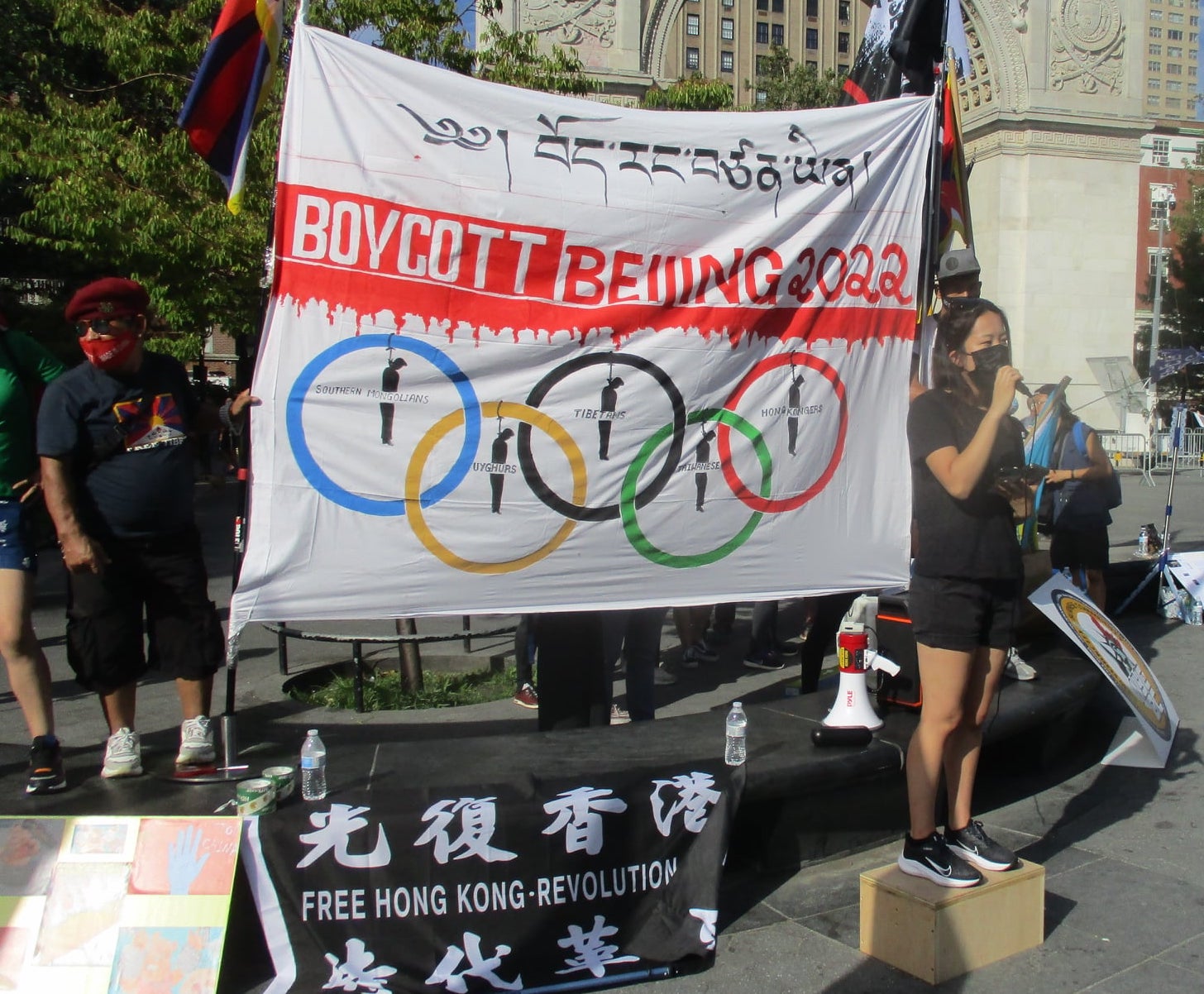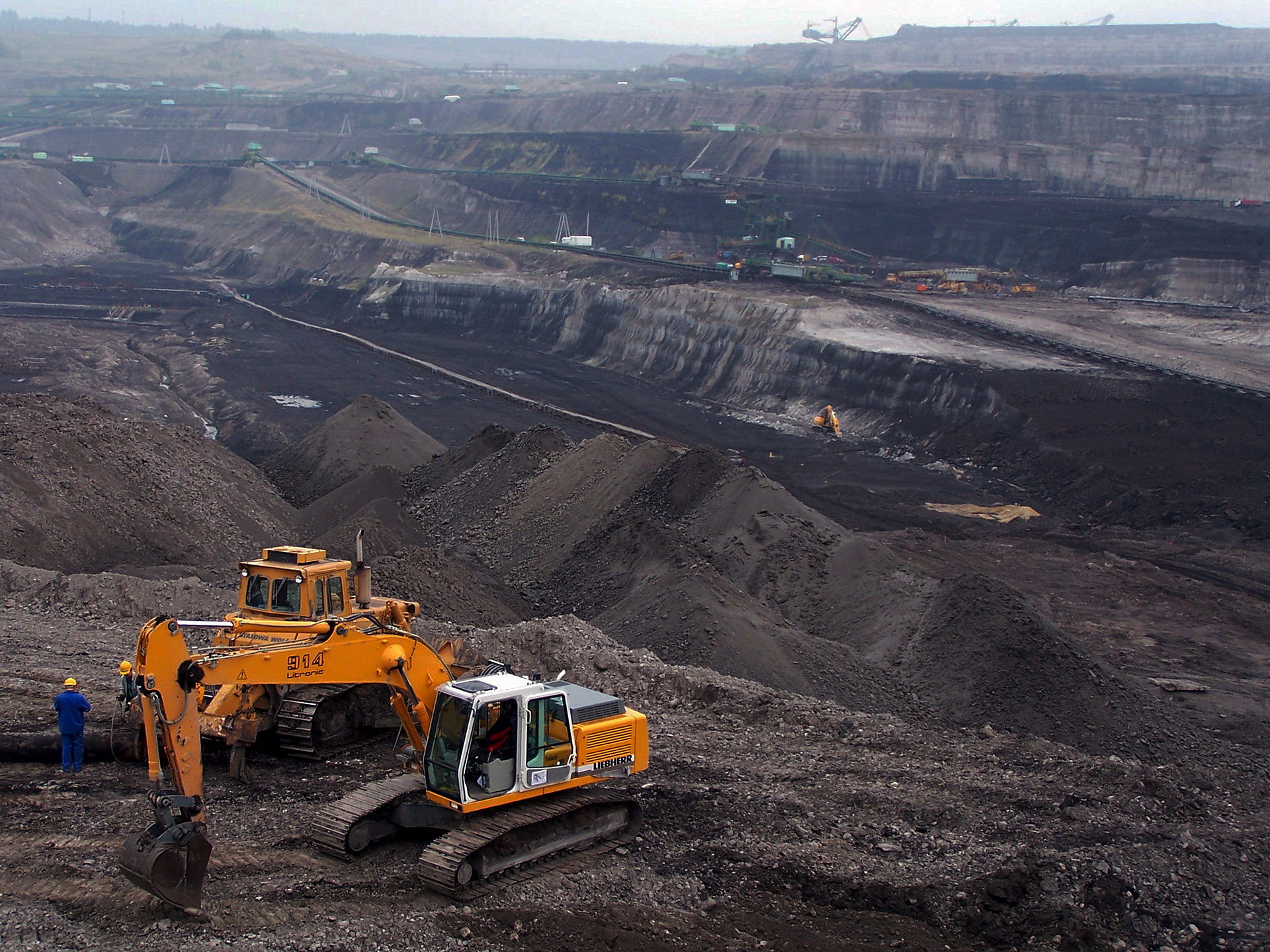
Polish-Czech agreement on border coal mine
The government of Poland announced that it has agreed to pay compensation in a dispute over the Turów open-pit lignite mine that lies close to the border with the Czech Republic. In return, Prague has withdrawn its complaint at the Court of Justice of the European Union. The dispute concerns the complaints of local farmers on the Czech side of the border that their water sources are going dry due to the mine’s operations. The Turów Brown Coal Mine, owned by Poland’s parastatal power company PGE, must pump water from the pit into the Lusatian Neisse River, draining the local aquifer. The mine has been expanding closer to the border, further enflaming the fears of the Czech farmers. The deal was protested by Greenpeace for failing to provide sufficient guarantees for protection of the watershed. (Photo: Wikipedia)




